Politics in the United States is not insular, unaffected by other countries or regions. There is much that goes on in other countries that unbeknownst to us, will come to affect us the next day or even the next decade. Even if they don’t affect us, an understanding of other countries’ culture and politics can help our own country.
An array of books about other countries have just arrived, so come and take a look at them.
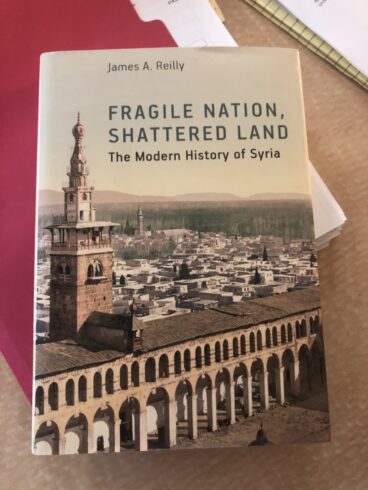
“A condensed history that delivers sparkling insight set off by a simple and elegant style. This book should be read by anyone wishing to understand the deeper social and cultural dimensions of Syria’s modern crisis.”
Review by Joshua Landis, University of Oklahoma
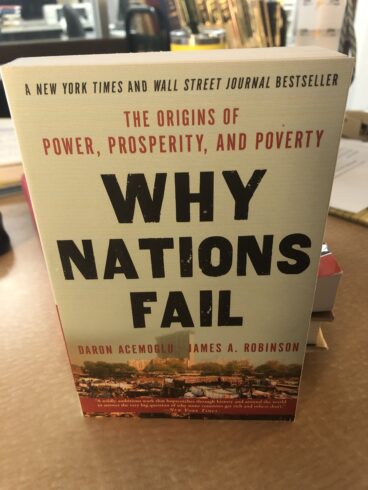
“Some time ago a little-known Scottish philosopher wrote a book on what makes nations succeed and what makes them fail. The Wealth of Nations is still being read today. With the same perspicacity and with the same broad historical perspective, Daron Acemoglu and James Robinson have retackled this same question for our own times.”
Review by George Akerlof, Nobel Laureate in economics, 2001
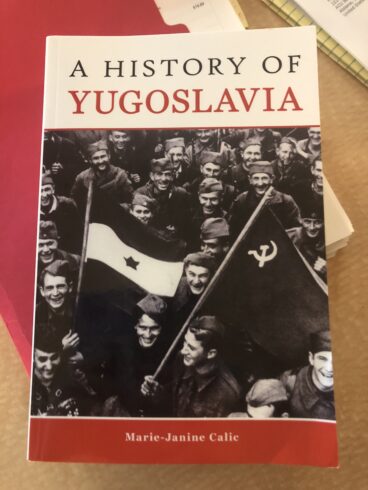
“By placing Yugoslavia into the wider context of Europe’s geopolitical, economic, and intellectual history of the long twentieth century, Calic superbly succeeds in explaining the vicissitudes of this wildly complex and fascinating country. . . arguably the best book I have read on the region of former Yugoslavia.”
Review by Ambassador (Ret.) Dr. Wolfgang Petritsch, Former EU Special Envoy for Kosovo, and High Representative for Bosnia and Herzegovina
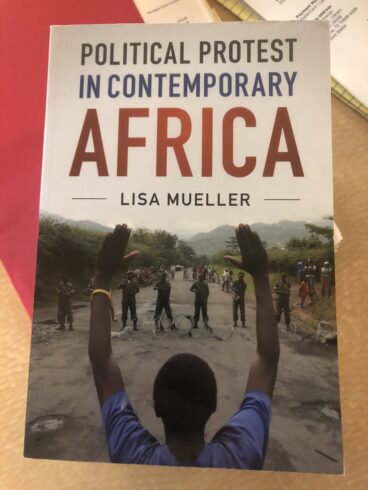
“Lisa Mueller’s excellent study of protest politics in Africa will no doubt prove to be the standard text on the topic.”
Review by Nicolas van de Walle, Cornell University
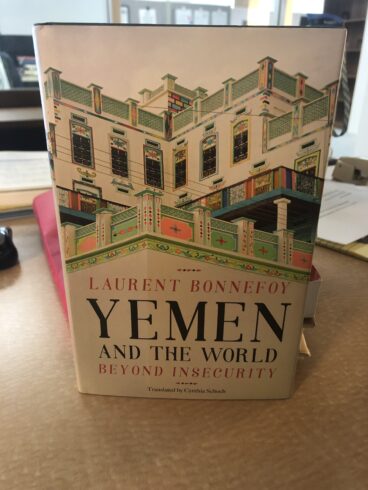
“A splendid documentation of Yemen’s synergies with the world, both in history and contemporary times. Bonnefoy has done a superb job of persuading us of Yemen’s vital position in the global community.”
Review by Marieke Brandt, Institute for Social Anthropology at the Austin Academy of Sciences, and author of Tribe and Politics in Yemen
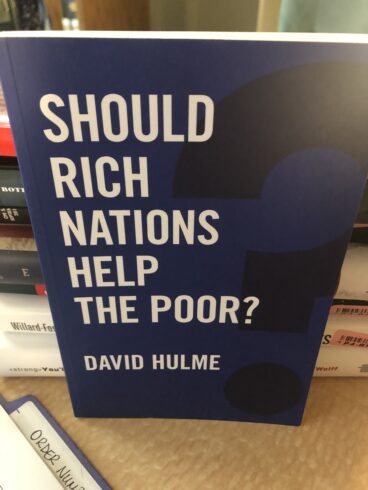
In the past decade, the developed world has spent almost US$2 trillion on foreign aid for poorer countries. Yet 1.2 billion people still live in extreme poverty and around 2.9 billion cannot meet their basic human needs.
But should rich nations continue to help the poor? In this short book, leading global poverty analyst David Hulme explains why helping the world’s neediest communities is both the right thing to do and the wise thing to do.
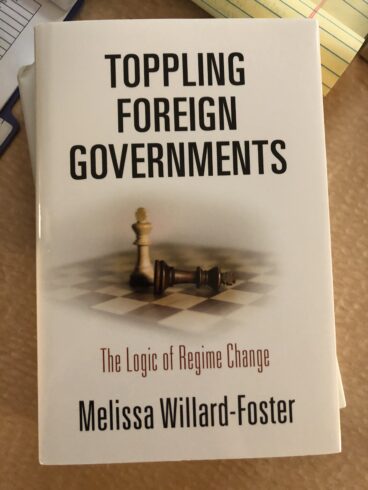
Melissa Willard-Foster explores the question of why stronger nations overthrow governments when they could attain their aims at the bargaining table. She analyzes 133 instances of regime change, ranging from covert operations to major military invasions, spanning over two hundred years.
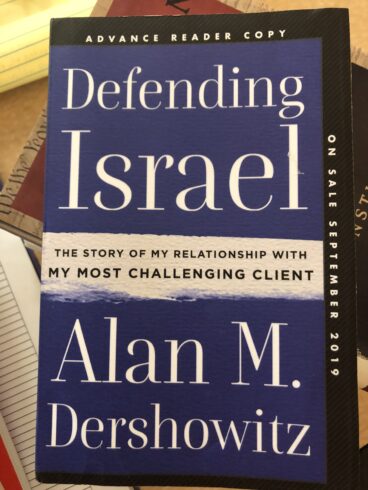
World-renowned lawyer Alan Dershowitz recounts stories from his many years of defending the state of Israel. He has spent years advocating for his “most challenging client” both publically and in private meetings. Brimming with personal insights and unreported details, Dershowitz offers a comprehensive history.
At a time when Jewish Americans as a whole are increasingly uncertain as to who supports Israel and who doesn’t, there is no better book to turn to for answers—and a pragmatic look toward the future.
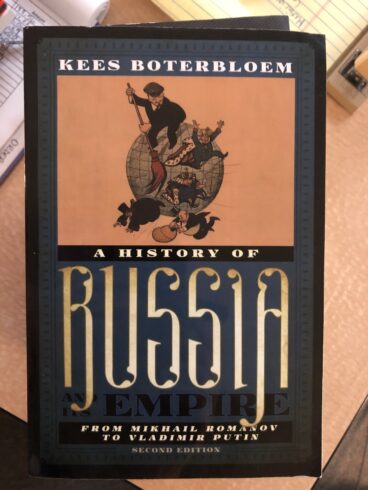
A concise text that provides an introduction to Russian and Soviet history from the crowning of Mikhail Romanov in 1613 through Putin’s current term. Boterbloem chronologically traces the political, military, economic, social, religious, and cultural developments that led Russia from an exotic backwater to superpower stature.
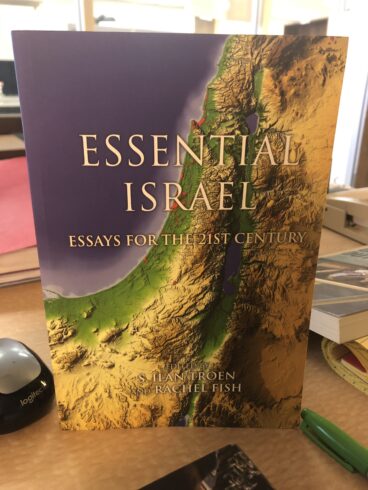
“In an era when vitriol has replaced reasoned discourse in discussions of Israel, this volume—thoughtful, balanced and comprehensive—is cause for celebration. The wide array of essays by leading academics and scholars provides both an accessible introduction to newcomers to the field of Israel studies as well as a thought-provoking collection even for seasoned participants in the conversation.”
Review by Daniel Gordis, Shalem College
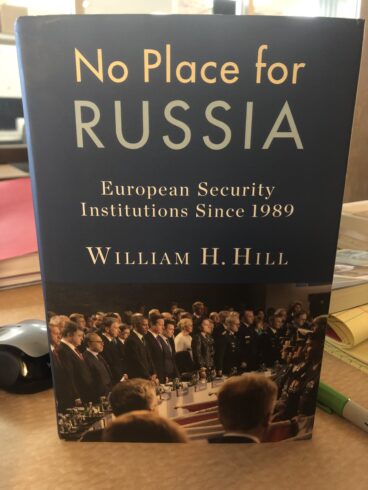
“Hill is the perfect person to tell the story of how the promise and hope that accompanied the end of the Cold War have replaced by war and renewed division in Europe three decades later. As a longtime student of Russia and as a former diplomat directly involved in addressing some of Europe’s most intractable security challenges, Hill brings a wealth of experience and insights into this clearly written, compelling, and timely narrative.”
Review by David Kramer, former U.S. assistant secretary of state for democracy, human rights, labor
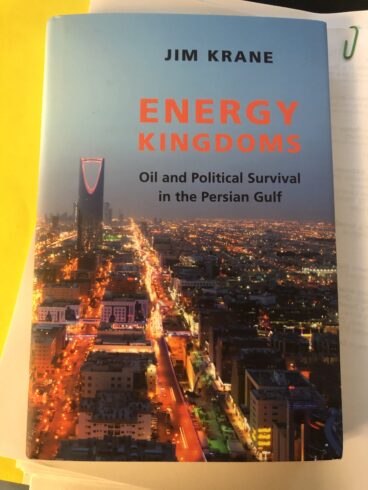
Jim Krane takes readers inside the monarchies of the Persian Gulf to consider their conundrum. He traces the history of the Gulf states’ energy use and politics, looking in particular at how energy subsidies have distorted demand.
Backed by rich fieldwork and deep knowledge of the region, Krane expertly lays out the hard choices that Gulf leaders face to keep their states viable.
